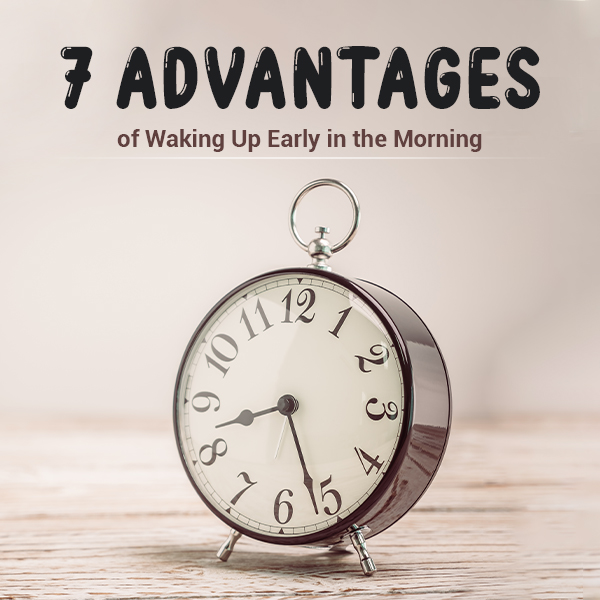February 29, a date that occurs once in four years defines a year as a leap year. According to the Georgian calendar, a year is identified as a leap year if it is divisible by number four like 2004, 2008, 2012, and 2016. Unlike the routine years, a leap year has 366 days. Ever wondered how did it happen? From where did this extra day appear in the month of February? It may sound strange but it is believed that Julius Caesar's astronomer added an extra day to simplify the calendar and keep it in sync. And the reason for it being added only in the month of February is because it is the last month of Roman calendar.
It may not concern you weather it is a leap year or not, but for those born on February 29, a leap year means a lot. They have to wait for four long years to celebrate their birthday on original date. These people are generally referred to as 'leaplings' or 'leapers'. For their entire lives they have to answer silly questions about their age and the day they celebrate their birthday on. Though these people may become a target of many jokes but very few know that according to the astrologers kids born on February 29 are bestowed with special talents, distinctive personality and a good fortune. The renowned English poet, Lord Byron and footballer Darren Ambrose is an ideal example of this astrology.
Another fascinating fact about leap year is about the tradition of women proposing. Not only this, if a man turns down the offer then he has to gift something to the woman. This tradition is attributed to various historical figures who were concerned about too much time taken by their suitors to propose them. The fact is explicitly shown in the movie Leap Year where the lead actress travels to Dublin to propose to her boyfriend on 29 February.
Different countries have varied beliefs about the year. In Greece, fearing bad luck, people don't get married on leap year.











